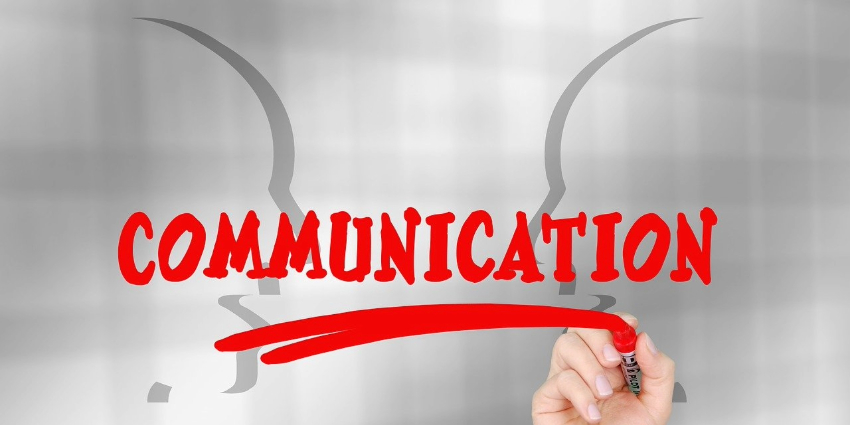In preparation for the Most Wonderful Time of the Year, last week we began looking at the Four Dimensions of Emotional Intelligence, as originally popularized by Dr. Daniel Goleman.
We explored the idea of Self-Awareness as defined by being able to recognize and understand your own emotions and the impact they have. You can find that post HERE if you missed it.
This week we’re going to discuss the topic of Self-Management, the ability to keep emotions under control so you can achieve your goals. (Sometimes, not the easiest of tasks, amIright?????)
We all have people, topics, situations, and even phrases that trigger us. It’s natural and it’s found in both human and animal worlds. It’s our awareness of what those triggers that put us in a positive place to then figure out how we will best manage our responses to whatever the circumstances we find ourselves.
As mentioned, self-management refers to having self-control, or the ability to keep disruptive emotions and impulses under control so you can achieve your goals. It also requires you to maintain your own standards of honesty and integrity, to manage yourself and your responsibilities, and to remain flexible in response to changing situations.
When you find yourself in the midst of triggering situations or company, it’s best to have some strategies at your disposal that will allow you to extract yourself as quickly as possible, while maintaining your poise, integrity and diplomacy.
Try these strategies the next time you need to self-manage your responses and reactions:
- Listen to your body – Is your heart beginning to race? Do you feel dread in your stomach? Is your breath becoming shallow?
- Use your breath to slow the situation (and yourself) down. Breathe longer and deeper and pause before you speak.
- Change your perspective – Actively try to imagine the other person’s perspective so you can detach from your emotions and use greater objectivity to hear what they’re truly saying.
- Quiet your inner critic – Sometimes when we gather with family and friends, our inner critic or our own negative self-talk can show up as uninvited guests. Practice mentally recognizing these guests with “Oh, hello there, not today, bye (Felicia)” so you’re not acting on self-doubt when you respond to the real-life guest in front of you.
- Question the reality of the situation – Why is this upsetting me? What is really true about this situation? What are the options available to me right now in this situation?
- Having some strong alternatives to move the conversation or the situation forward will lead you to a smooth egress.
When we focus on managing ourselves, the situations we face become more manageable as well. Amazing how that happens.













